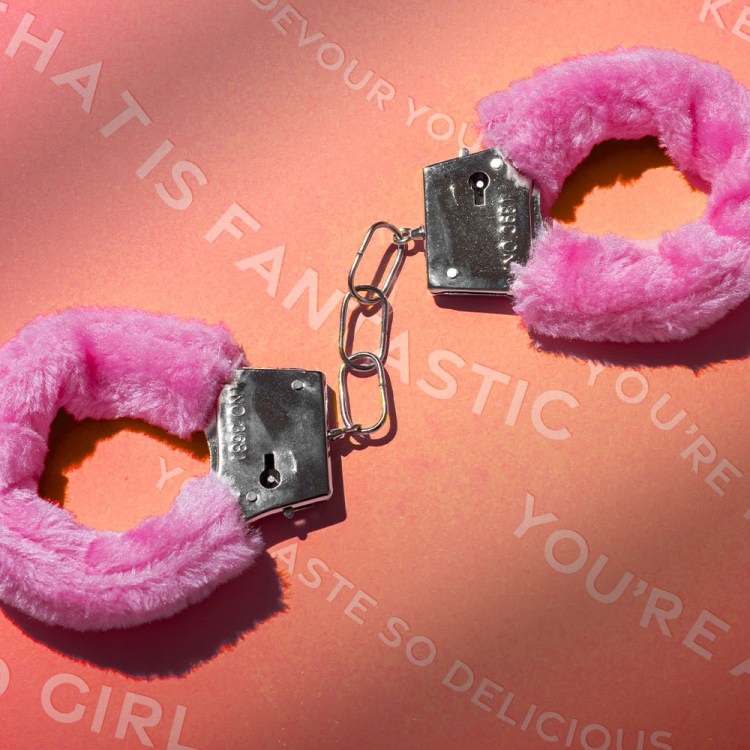When Bumble was launched in 2014, its founders wanted to parachute the world of dating into the 21st century. Though Bumble had entered a rapidly expanding marketplace, it was the only app built to reverse the gendered rules of heterosexual courtship, handing the reins (and the whip, if you’re into that) to women by requiring them to initiate connections. But now, almost a decade later, a study commissioned by Bumble shows that a significant portion of swipers in this country are stuck in the past, still believing relationships “work best” when men take the lead. And, surprisingly, many people in Gen Z relationships think this way.
Bumble’s team has dubbed the findings from its 2023 State of the Nation report a “reality gap,” citing how 87% of respondents claimed that, in theory, “a balance of power in a relationship leads to better sex.” But a staggering 40% believe that, in reality, successful relationships happen when men take control. The most surprising find, though, is that Gen Z respondents — part of a generation known for its record numbers of LGBTQ-identified youth, gender inclusivity and embrace of non-monogamy — clocked in even higher than the overall average, with 47% saying men should be in charge of romance.
There are several theories that might explain these results — like how women are still presumed to be less sexual than men or how women are still not allowed to express their sexuality unless it’s on a man’s terms. And though attitudes about sex and dating have met tremendous progress since a Don Draper–type last rolled down the nylons of his secretary, marriage counselor and therapist Jessica Small was not surprised by the numbers. “Despite a very large push and progression towards gender equality, the dating landscape still is grounded in more traditional gender roles and beliefs,” she told CNBC.
Why Is It So Hard to Accurately Represent Gen Z on Film?
“Bodies Bodies Bodies” is the latest movie so eager to crack the pathology of the youths that it loses the texture of actual teenage behaviorAlso, gender dynamics tend to shift as relationships grow, she said. In the early stages of a relationship — swiping, dating, hooking up — men are expected to be more assertive. “As a dating coach, I often observe that women tend to hesitate around making initial advances,” she said. During these times, women expect men to initiate and pay for dates and make the first moves toward physical intimacy.
But as a partnership matures, the roles reverse. Women are expected to take charge of long-term relationships and all the burdens associated with it, like managing household chores, meals, social calendars and child care. In short, nothing as fun as leaning in for a first kiss.
The study is, of course, limited, especially considering how it doesn’t capture the experiences of people who seek same-sex relationships. But if the findings are any indication of how young people are dating today, it seems it’s going to take a lot more than one gender-bending dating app to truly modernize how we see ourselves.
Thanks for reading InsideHook. Sign up for our daily newsletter and be in the know.


















